In Indian culture, Vastu Shastra—the ancient architectural science—plays a crucial role in designing harmonious living spaces. While the layout, direction, and decor are essential, plants are considered powerful tools to attract positive energy, cleanse the atmosphere, and usher in prosperity and peace. Choosing the right Vastu-friendly plants can not only beautify your home but also balance the five elements—earth, water, fire, air, and space—bringing holistic wellness to your household.
In this guide, we’ll explore the most auspicious plants recommended by Vastu for Indian homes, their placement tips, and how they influence your health, wealth, and harmony.
Why Choose Vastu-Friendly Plants?
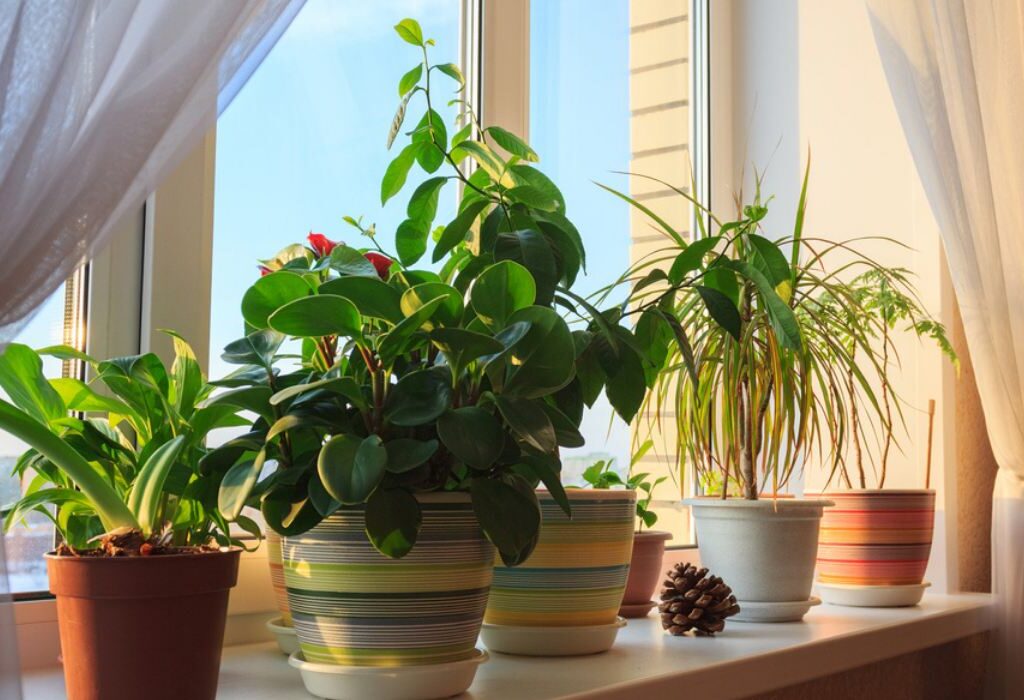
Plants have always been associated with energy flow in Vastu Shastra. The right plant in the correct direction promotes:
- Positive vibrations
- Mental and physical health
- Financial growth
- Stress reduction
- Purified air
On the other hand, some plants are believed to invite negativity if placed wrongly or are inauspicious altogether. Vastu helps you avoid such imbalances.
1. Tulsi (Holy Basil) – The Most Sacred Vastu Plant
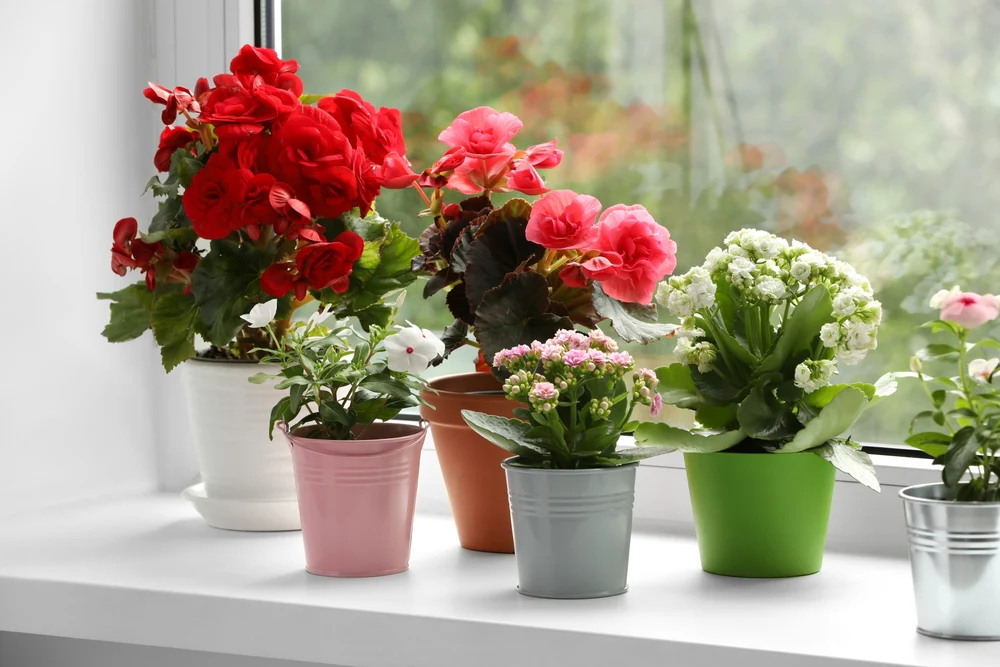
Scientific Name: Ocimum sanctum
Tulsi, revered in Hindu homes, is a spiritual and medicinal plant that enhances positivity and dispels negative energies. According to Vastu, it is best placed in the north, east, or northeast direction of the house.
Benefits:
- Acts as a natural air purifier
- Emits spiritual vibrations
- Believed to invite Goddess Lakshmi into the home
Tip: Keep the plant healthy and avoid placing it in the south direction.
2. Money Plant – For Wealth and Prosperity
Scientific Name: Epipremnum aureum
The money plant is popular in Indian households for its belief in attracting wealth and good luck. Vastu recommends placing it in the southeast direction of the house or living room to align with Lord Ganesha and the fire element.
Benefits:
- Encourages financial growth
- Absorbs radiation from electronics
- Low maintenance and ideal for indoor decor
Avoid: Keeping it in the northeast or north direction may lead to financial stagnation.
3. Bamboo Plant – For Good Fortune and Peace
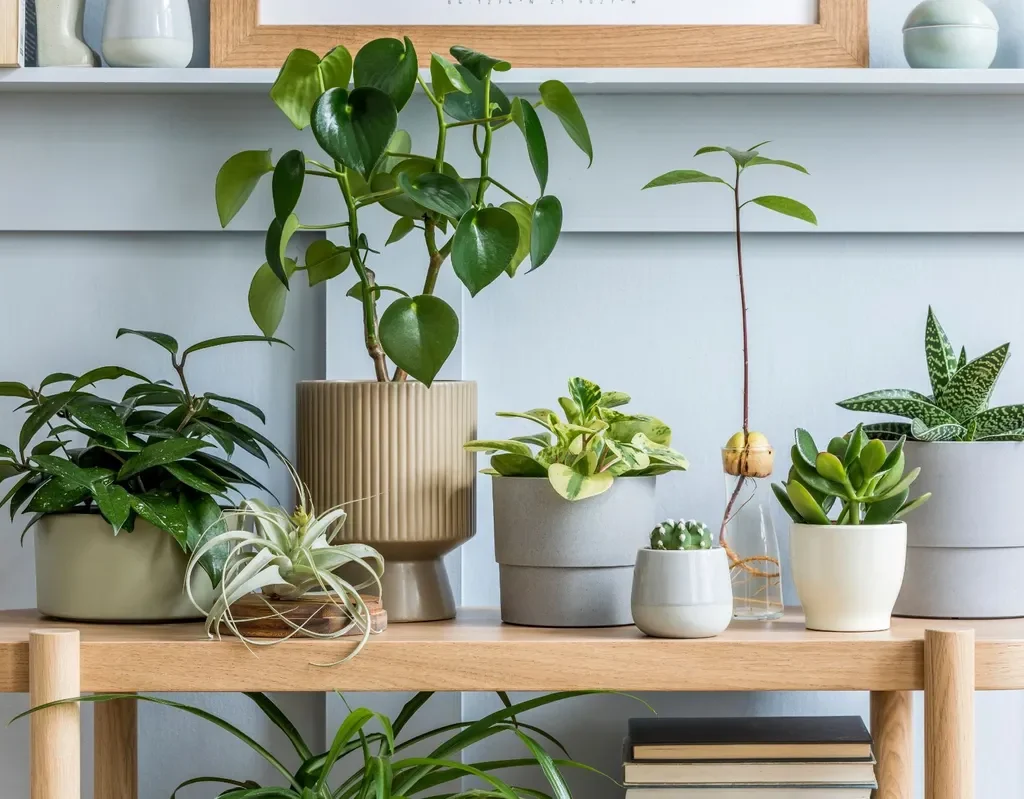
Scientific Name: Dracaena sanderiana
Lucky bamboo is a symbol of longevity, prosperity, and happiness in many Asian cultures, and Vastu acknowledges its positive vibes too. It should be placed in the east or southeast corners.
Benefits:
- Brings growth and harmony
- Enhances luck in career and relationships
- Acts as a beautiful indoor ornamental plant
Note: Keep it in water or soil, but regularly change water to prevent stagnation.
4. Areca Palm – For Purifying Energy
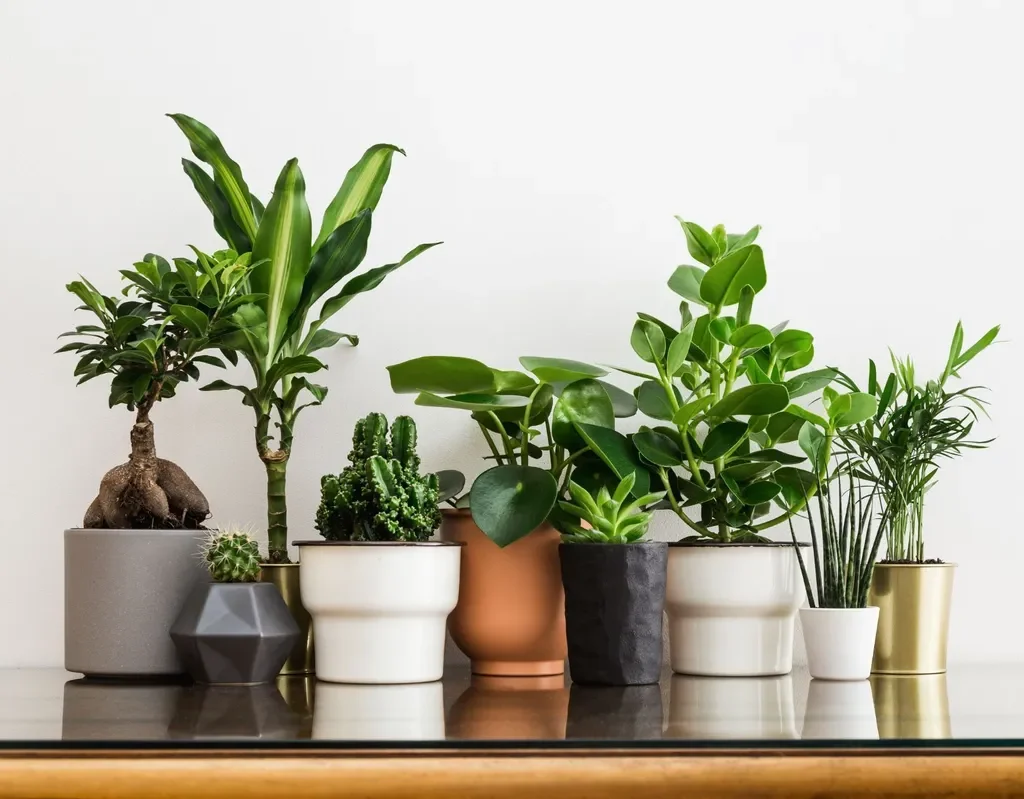
Scientific Name: Dypsis lutescens
Areca Palm is one of the best Vastu plants for air purification and creating a tranquil environment. Place it in the east, northeast, or north direction.
Benefits:
- Filters indoor air pollutants
- Calms the mind and improves oxygen flow
- Adds a tropical, luxurious look to interiors
Care Tip: Needs indirect sunlight and moist soil.
5. Aloe Vera – For Healing and Vastu Balance
Scientific Name: Aloe barbadensis miller
Aloe Vera is widely known for its medicinal properties and skin benefits. In Vastu, it symbolizes healing, protection, and rejuvenation. It should be placed in the north or east direction.
Benefits:
- Absorbs toxins and purifies air
- Promotes healing and wellness
- Repels negative energy when placed near entrances
6. Peace Lily – For Emotional and Environmental Harmony
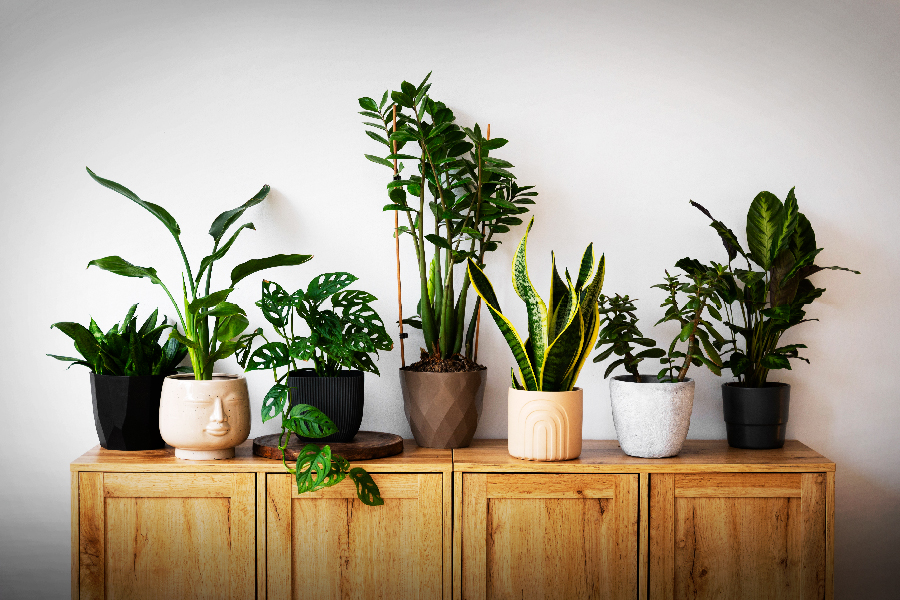
Scientific Name: Spathiphyllum wallisii
True to its name, the Peace Lily is associated with peace, serenity, and positive energy in the home. It’s ideal for the northwest or east direction.
Benefits:
- Absorbs harmful toxins from the air
- Reduces stress and tension
- Elegant flowering plant to uplift mood and décor
Caution: It’s mildly toxic to pets, so keep it out of their reach.
7. Neem Tree – A Sacred Energy Cleanser
Scientific Name: Azadirachta indica
Vastu considers the Neem tree as highly auspicious for health and positivity. Traditionally planted in courtyards, it can also be placed near windows in the northwest direction where its air-filtering properties benefit the whole home.
Benefits:
- Powerful antibacterial and antifungal qualities
- Improves respiratory health
- Keeps away insects and purifies the environment
Tip: In apartments, neem potted plants near open balconies or windows can replicate its benefits.
8. Banana Plant – For Prosperity and Positivity
Scientific Name: Musa acuminata
Banana plants are often found near temples and are considered sacred in Vastu. If you have the space, place it in the northeast direction of the garden.
Benefits:
- Represents good health and religious purity
- Ideal for backyard Vastu compliance
- Boosts spiritual consciousness
9. Jasmine – For Divine Vibes and Pleasant Energy
Scientific Name: Jasminum sambac
Jasmine’s fragrance is said to uplift the spirit and enhance mental well-being. It is Vastu-recommended for its calming aura when placed in the north or east directions.
Benefits:
- Enhances love and positivity in relationships
- Encourages restful sleep when placed near bedrooms
- Attracts spiritual energies through its scent
10. Snake Plant – Best for Bedrooms According to Vastu
Scientific Name: Sansevieria trifasciata
Also known as the mother-in-law’s tongue, this plant is one of the most effective air purifiers and is known to release oxygen even at night.
Benefits:
- Boosts indoor air quality
- Perfect for bedrooms and living rooms
- Balances negative ions in the atmosphere
Placement: Ideal in south, southeast, or east corners.
Plants to Avoid According to Vastu
While many plants are beneficial, Vastu advises against certain types due to their energy-draining properties:
- Cactus/Thorny Plants: Invite conflict and stress.
- Bonsai Trees: Symbolize stunted growth and restrictions.
- Dead/Dried Plants: Attract negativity and stagnation.
Final Thoughts: Harmonize Home and Spirit with Green Energy
Incorporating Vastu-friendly plants into your home is more than just a decor decision—it’s about inviting peace, prosperity, and protection into your daily life. Whether you live in an apartment or a bungalow, the strategic use of indoor and outdoor plants can align your space with universal energies.
Choose plants wisely, place them according to Vastu guidelines, and tend to them with love and care. Your home will not only look vibrant but also feel spiritually balanced.
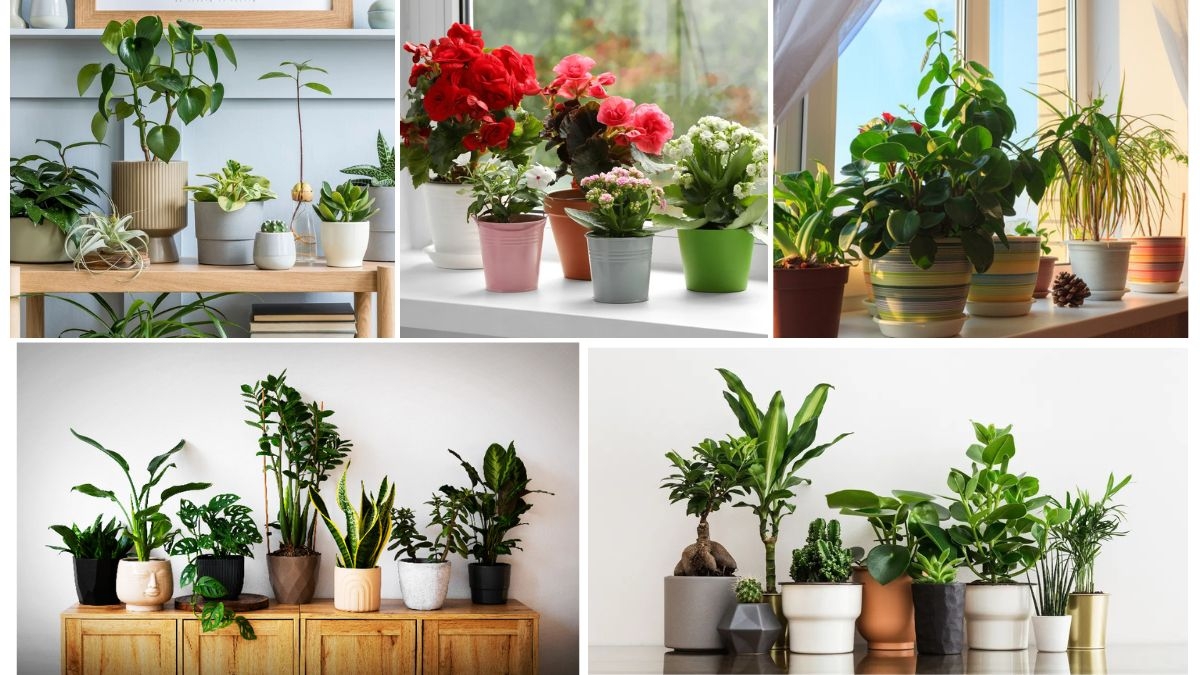





Leave A Comment